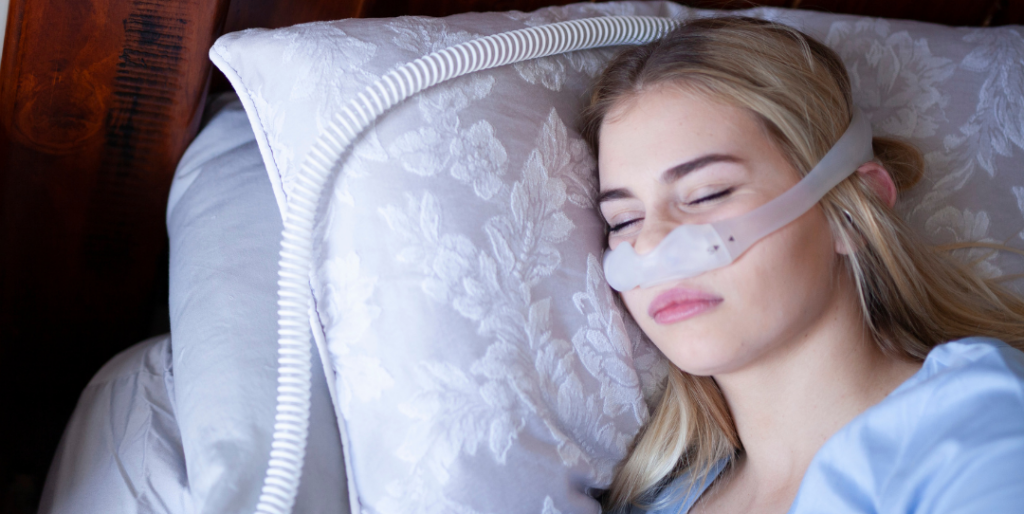Sleep apnea is a condition in which breathing repeatedly stops and starts during sleep.
If you have sleep apnea, you may not remember these episodes of paused breathing. Sleep apnea usually is a chronic (ongoing) condition that disrupts your sleep. When your breathing pauses or becomes very shallow, you’ll often move out of deep sleep and into light sleep. As a result, the quality of your sleep is poor, which makes you tired during the day. Sleep apnea occurs in adults, children, and infants.

What are the causes of sleep apnea
There are two main types of sleep apnea: obstructive sleep apnea, which occurs when the airway is blocked, and central sleep apnea, which occurs when the brain doesn’t send the correct signals to the muscles that control breathing. Sleep apnea can be caused by a variety of factors, including obesity, smoking, alcohol abuse, and respiratory infections. Treatments for sleep apnea include lifestyle changes, such as losing weight and quitting smoking, and medical interventions, such as Continuous Positive Airway Pressure (CPAP) therapy. In severe cases, surgery may be necessary to remove tissue that is blocking the airway.

How to cure sleep apnea
The best treatment for you will depend on the severity of your sleep apnea and your overall health. If you have mild sleep apnea, lifestyle changes may be all that you need to manage your condition. These changes can include losing weight, sleeping on your side instead of your back, and avoiding alcohol and cigarettes before bedtime. For more moderate to severe cases of sleep apnea, you may need to use a continuous positive airway pressure (CPAP) machine at night. This machine provides gentle air pressure through a mask that helps keep your airway open while you sleep. In some cases, surgery may be needed to treat sleep apnea.
What are the risks associated with untreated sleep apnea?
If left untreated, sleep apnea can lead to serious health problems, including high blood pressure, heart disease, stroke, and type 2 diabetes. untreated sleep apnea can also increase the risk of accidents and injuries due to fatigue. In addition, sleep apnea can cause depression and anxiety. If you think you may have sleep apnea, it is important to see a doctor for an evaluation.
How can you prevent sleep apnea from happening in the first place?
There are a few different things you can do to prevent sleep apnea from happening in the first place. One is to maintain a healthy weight. obesity is one of the main risk factors for sleep apnea, so losing even a few pounds can help reduce your risk. Another thing you can do is avoid smoking. Cigarette smoke irritates the throat and airway, making them more likely to collapse during sleep. Finally, try to sleep on your side instead of your back. This can help keep your airway open and reduce the risk of snoring or sleep apnea. If you are at high risk for sleep apnea, you may also want to talk to your doctor about getting a CPAP machine. This device helps to keep your airway open and can be very effective in preventing sleep apnea.


